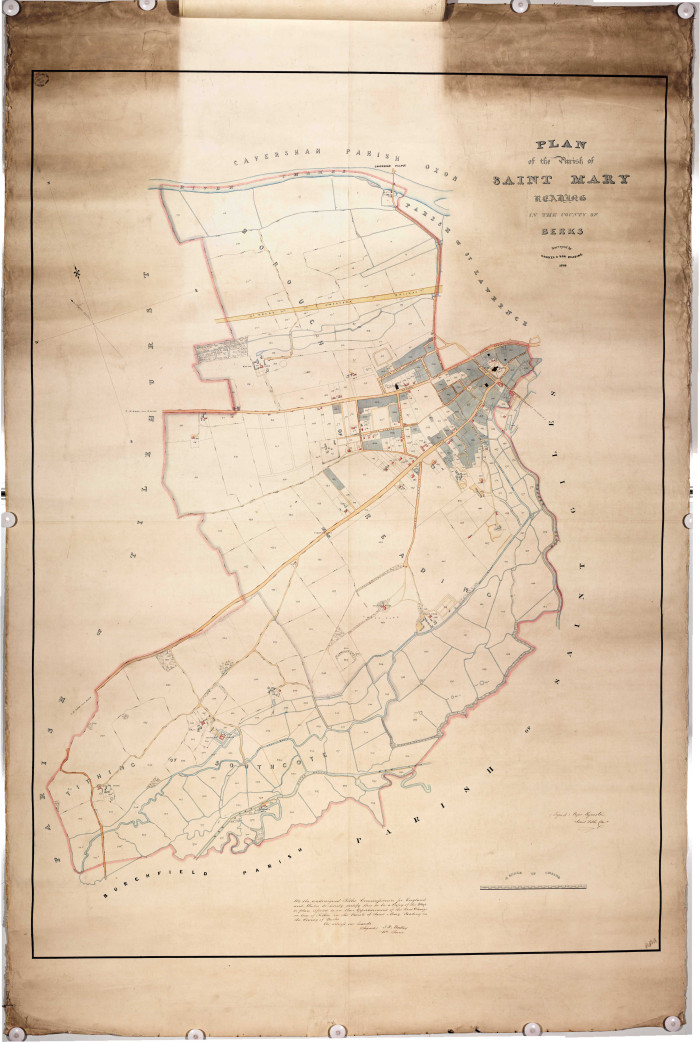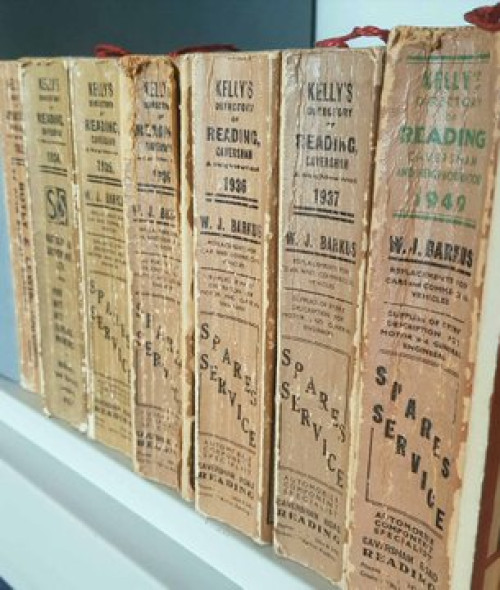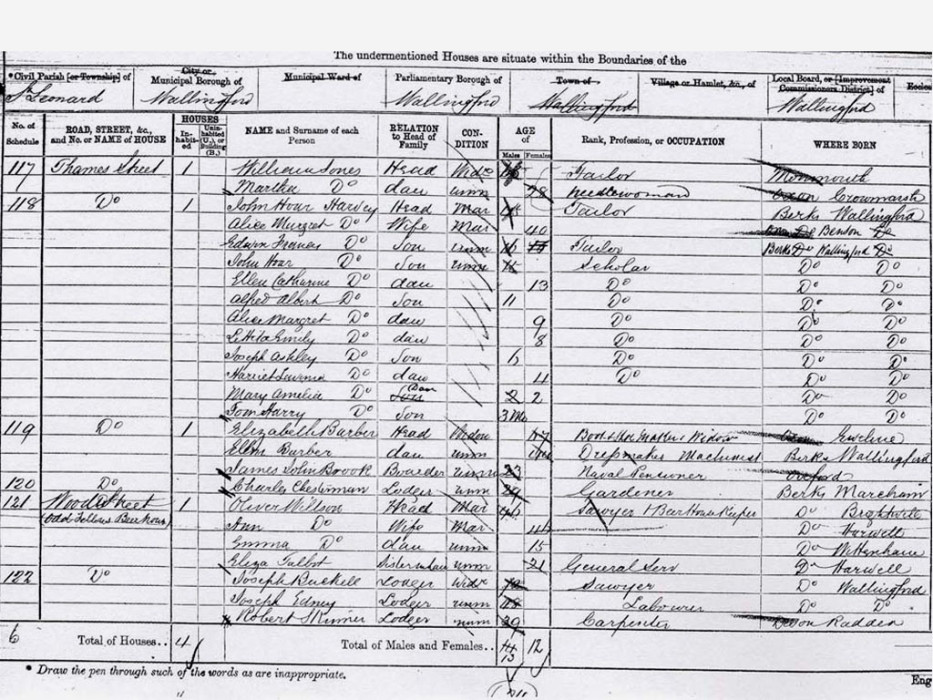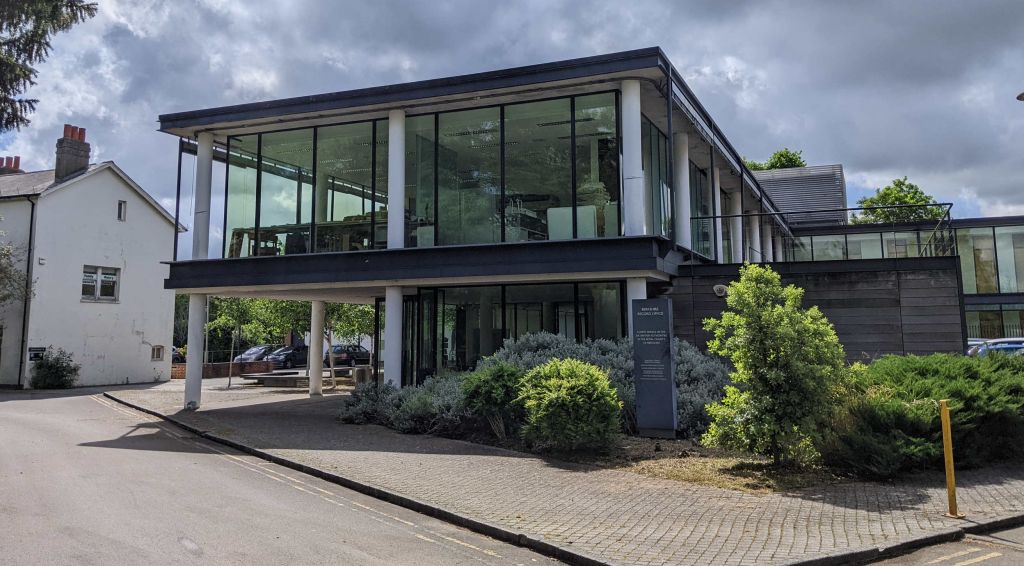Hit a brick wall in your family history? Struggling to put flesh on the bones of your research? Here are some top tips on how to get over that brick wall.
With family history research, it is worth remembering that there are many different sources available other than trusty parish registers. It is quite possible that you have not exhausted all the available records so try searching a bit wider. Below are some hints and tips on types of records that could help resolve your genealogical sticking points.
Maps
If you’re stuck around the late 18th-mid 19th century, tithe and enclosure maps are well worth consulting, as they come with schedules known as ‘awards’, which list names of owners and occupiers of land and property. Make use of the tithe maps for searching around the 1840s and enclosure for searching around the turn of the 19th century (enclosure records typically cover the late 1700s/early 1800s).

If you have more wealthy ancestors who were landed gentry or yeoman farmers, you may also find estate maps and accompanying documents of great help.
Deaths
When searching parish registers, it is common to focus on baptisms and marriages, as these are the most helpful when wanting to go back each generation. Whilst burial registers often only give a name and date of burial, they can sometimes give an age at burial, which can help to narrow down a baptism or birth date. Occasionally a diligent vicar or clerk may have noted down the cause of death - this is especially helpful in early registers which pre-date death certificates. Don’t forget death certificates post 1837 too – a cause of death can often be something of a surprise, which could lead to a search for a coroner’s record or newspaper report.
Directories
Trade and street directories are an underused resource and can again be very useful for those searching for ancestors in the 19th-20th centuries. In town directories, every street will often be listed and so the principal householder recorded. You may even discover something interesting about who/what your ancestor lived next door to, or discover that they didn’t stay in one place long and that might get you wondering why. Directories also usually list those with a trade, so this can also be very worthwhile if you have a blacksmith, milliner or dentist in your family. You could discover where they operated their business and for how long. Trade directories are often found in local studies libraries as well as archives.

Try name variations
Often the further back you go, the greater the chance that names may be misspelt or have simply evolved over time. Some names are more prone to this than others. For example, the name ‘Jerome’, could be Jerrome, Jerram or Jeram. Remember too that literacy levels would have been much lower in the past, so your ancestor may well have not known how to spell their name. Another thing worth bearing in mind is that it was not uncommon (particularly in the 19th century) for people to end up going by their middle name – always consider this if you are having trouble finding someone on a census return or in a parish register and look for variant spellings.
Ages are not always correct!
As you may have already discovered, ages in census returns do not always make sense. Firstly, the 1841 census rounded up or down adult’s ages, so it is probably best to take these with a pinch of salt as they say! Your ancestor may also have intentionally altered their age to appear closer in age to their spouse (for example if there was a big age gap) or to appear older for military enlistment reasons. Sometimes ages were simply unintentionally recorded incorrectly. All census returns before 1911 were filled in by an enumerator, so human error will sometimes creep in too. And maybe your ancestor simply wasn’t sure of their age. Make sure you double-check and cross-reference as many sources as possible, to help you ascertain the right age. Remember, when searching, to always widen the age range a little more than you think!
Search sideways
If you’re stuck, think about searching sideways. This may sound off, but it basically means looking into siblings of your ancestors. You will discover more about your family, but you may also stumble upon new evidence relating to your direct ancestor that way. Try not to just focus on parents of parents of parents. Your ancestors lives will have been intertwined with their siblings, and even nieces and nephews, so get widening your search and see how it can add massively to the context of your direct ancestor’s lived experience. You may discover that an ancestor’s relative may have gone to prison, been transported, or fought in a conflict. There are so many records that will contain gems of information that will give you a whole new understanding of your family’s experience.
Share information
Make use of the internet to share what you have with others. Post your tree to a reputable site and see if you can make connections with others researching the same family. With one caveat – do be wary of other peoples online trees and always make sure you verify where they got their information. It is very tempting to copy information without first checking its validity!
DNA testing has also become very popular and can be a very effective way of breaking down brick walls, if you find you have a match that fills in a gap. Again, find a reputable DNA testing site and see where the results take you.
Traditional ways of sharing are still good too – joining your local family history society can help put you in touch with others researching the same names and your local society will put on talks and put out journals that will provide guidance on searching your family.
Visit your local archive!
Finally, whilst online records have increased massively in recent years, not all family records are online! There is still so much more to discover in your local archive. If you have Berkshire ancestors, do come and visit and see what else you can discover. We may hold the key to a missing piece of your family puzzle! You can find out all you need to know about visiting on our website.
